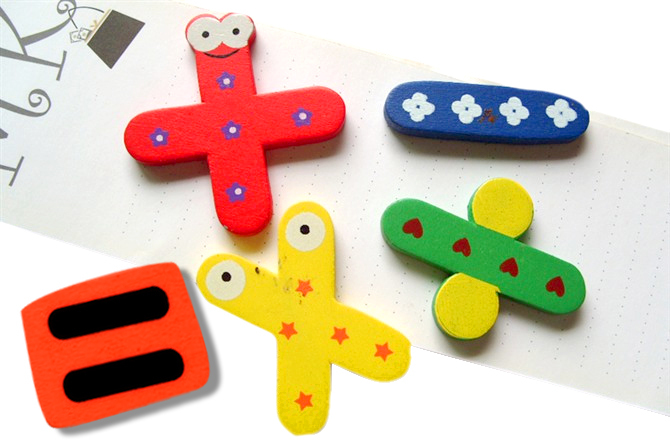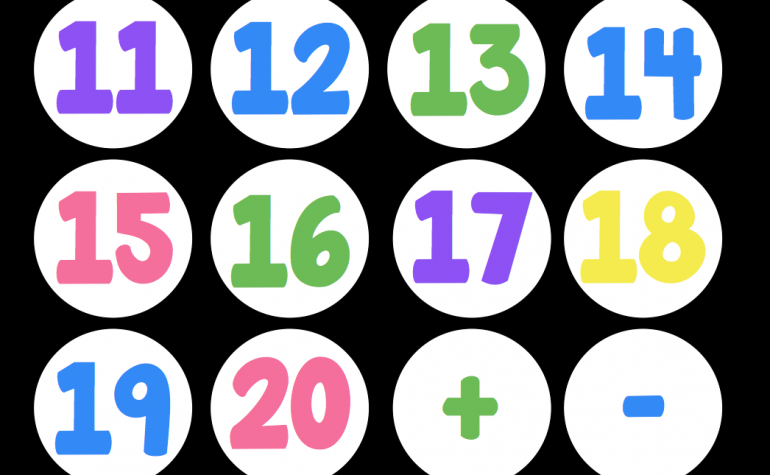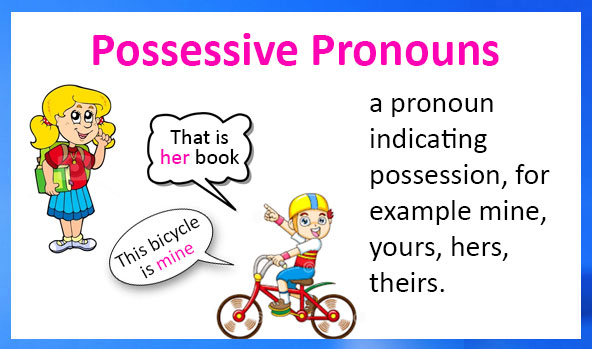Lesson Twenty-six go + verb watch this video: Practice: 1. It’s 12:00 and I’m hungry. Let’s _________________. 2. You lost your keys. You should_________________. 3. The kids are outside. They can _________________. 4. We want pizza. We should ____________________. 5. My car is broken. I need to ____________________. Practice 1. It’s 12:00 and I’m hungry. …
Category: Grammar
Lesson Twenty-five: Opposite Adjectives
Lesson Twenty-five Opposite Adjectives This is a list of adjectives and adjectives that have opposite meanings. Knowing the opposite meaning of a word will help improve your vocabulary. adjective opposite adjective asleep awake alert drowsy alive dead awesome terrible best worst big small bitter sweet brave afraid bright dull calm nervous certain unsure close …
Lesson Twenty-four: (be) used to
Lesson Twenty-four (be) used to “(be) used to” indicates that someone has adapted to a new situation. The situation was difficult or strange or awkward in some way, but then everything was okay. You can also use the verb “get” in place of the verb “be” — get used to. Tom is used to …
Lesson Twenty-three used to
Lesson Twenty-three used to “Used to” describes activities in the past. Something was once true, but now the situation is different. Following “used to,” the main verb in the simple form: Subject + used to + _____________ (main verb) (Don’t forget you have a test coming up at the end of this level.) She used …

Lesson Twenty-two Multiplication and Division
Lesson Twenty-two Multiplication and Division mulitplication / multiplying 4 x 5 = 20 four times five equals twenty 10 x 10 = 100 ten times ten is a hundred Note: You can say “equals” or “is” for the result. The teacher asks for the answer like this: What’s four times five? (What’s = what + …

Lesson Twenty-one, Part II Talking about Money
Lesson Twenty-one, Part II Talking about Money coins: a penny / a nickel / a dime / a quarter These are coins. Some people call coins “change.” 1. This is a penny. A penny is worth one cent. A picture of Abraham Lincoln is on the penny. 2. This is a nickel. A nickel is …

Lesson Twenty-one, Part I Reading Numbers
Lesson Twenty-one, Part I Reading Numbers reading phone numbers (715) 555-3423 (212) 555-9876 It’s a good idea to read each number, one at a time, starting with the area code. reading an address 2548 W. Main Street 3165 N. Nelson Avenue 875 E. Seventh Street 124 W. 44th St. 1008 Clinton Avenue S. Numbers in …
Lesson Twenty Reflexive Pronouns
Lesson Twenty Reflexive Pronouns Subject Reflexive Pronoun I myself you yourself he himself she herself it itself we ourselves you yourselves they themselves Reflexive pronouns refer back to the subject: I taught myself how to build this website. Do you listen to yourself when you speak English? The boy hurt himself while playing …

Lesson Nineteen Possessive Pronouns
Lesson Nineteen Possessive Pronouns Subject Possessive Adjective Possessive Pronoun I my mine My shirt is red. It’s mine. (It’s my shirt.) Subject Possessive Adjective Possessive Pronoun you your yours Yours is blue. (Your shirt is blue) Subject Possessive Adjective Possessive Pronoun he his his He’s not wearing his. (He’s not wearing his shirt.) Subject …

Lesson Eighteen Gerunds
Lesson Eighteen Gerunds Gerunds, like infinitives, look like verbs, but they actually function as nouns. Consider the following sentences: I like going to the beach. (“like” is the verb; “going” is the gerund.) Playing volleyball at the beach is fun. (“Playing” is the gerund and functions as the subject.) I like eating cold pizza. (“like” …